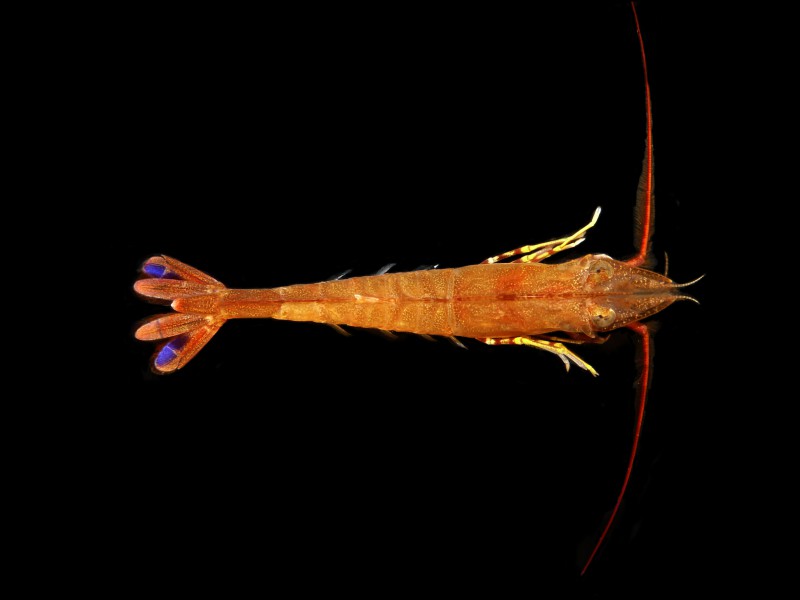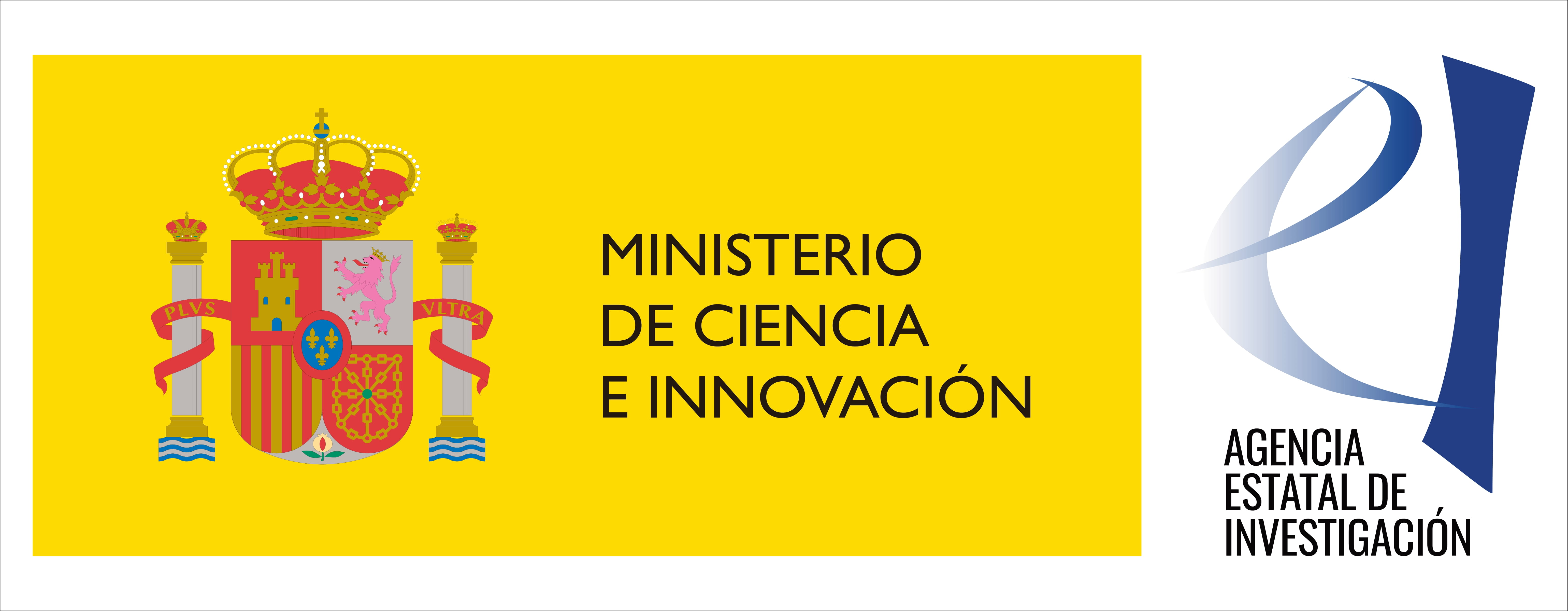News
Official launch of DecaNet, a portal for decapod biodiversity informatics
Added on 2023-06-26 15:50:43 by Vandepitte, Leen
From today onwards, you can find all Decapods on their own portal: welcome to DecaNet!Today is the launch day for DecaNet, a Global Species Database under the umbrella of the World Register of Marine Species (WoRMS). DecaNet is not restricted to marine species though, and aims to provide an authoritative list of all decapod species and associated biodiversity information, including freshwater and terrestrial biomes, and a growing number of fossil taxa.
Decapoda are one of the best researched groups of Crustacea, totalling 17,229 species (December 2022) and have been studied far beyond taxonomy in a variety of scientific fields. It is hoped that DecaNet will be able to act as a one stop shop for taxonomic and biodiversity information on the group.
The taxonomic/systematic backbone of DecaNet is now largely complete, and continually updated by the 15 volunteer editors for Recent taxa and two for fossil taxa. Over time, the database will also incorporate a growing number of trait information, as well as distributions and perhaps even more.
DecaNet grew out of a meeting in May 2022 at VLIZ (Oostende), funded by LifeWatch, where ten of the decapod editors met to discuss data content and structure. The first public presentation of the portal was at the 10th International Crustacean Congress in Wellington, New Zealand in May 2023, a full year after initial discussions.
The Data Management Team (DMT) is supported by LifeWatch Belgium, part of the E-Science European LifeWatch Infrastructure for Biodiversity and Ecosystem Research. LifeWatch is a distributed virtual laboratory, used for different aspects of biodiversity research. The Species Information Backbone of LifeWatch aims at bringing together taxonomic and species-related data and at filling the gaps in our knowledge.

Decapoda are one of the best researched groups of Crustacea, totalling 17,229 species (December 2022) and have been studied far beyond taxonomy in a variety of scientific fields. It is hoped that DecaNet will be able to act as a one stop shop for taxonomic and biodiversity information on the group.
The taxonomic/systematic backbone of DecaNet is now largely complete, and continually updated by the 15 volunteer editors for Recent taxa and two for fossil taxa. Over time, the database will also incorporate a growing number of trait information, as well as distributions and perhaps even more.
DecaNet grew out of a meeting in May 2022 at VLIZ (Oostende), funded by LifeWatch, where ten of the decapod editors met to discuss data content and structure. The first public presentation of the portal was at the 10th International Crustacean Congress in Wellington, New Zealand in May 2023, a full year after initial discussions.
The Data Management Team (DMT) is supported by LifeWatch Belgium, part of the E-Science European LifeWatch Infrastructure for Biodiversity and Ecosystem Research. LifeWatch is a distributed virtual laboratory, used for different aspects of biodiversity research. The Species Information Backbone of LifeWatch aims at bringing together taxonomic and species-related data and at filling the gaps in our knowledge.

[Overview] [Login]



